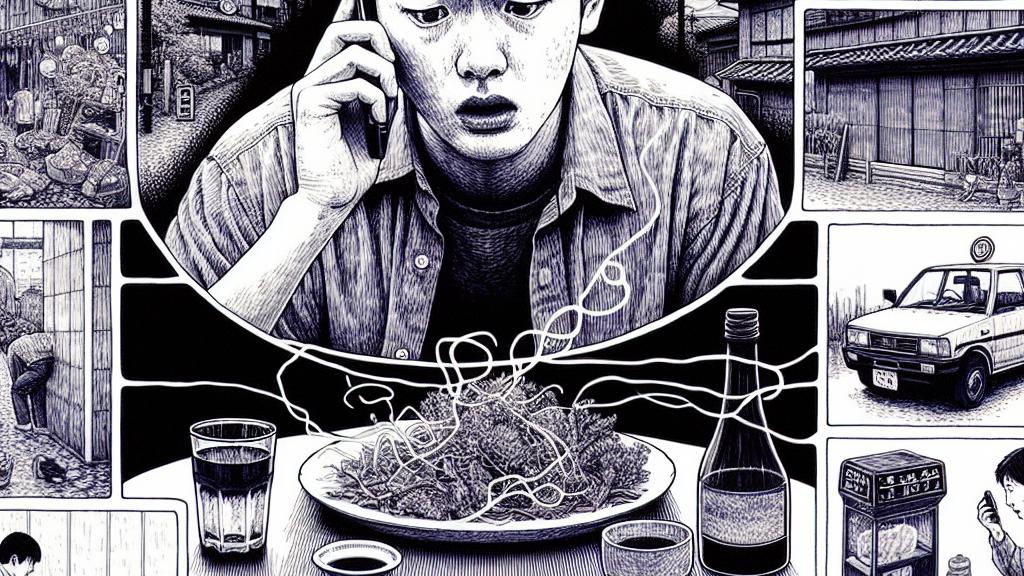Reflections on Loss and Regret
Overview
- A deeply moving personal narrative that captures the complex emotions arising from the loss of a father.
- An exploration of missed opportunities for connection and the resulting feelings of regret and nostalgia.
- Insightful strategies for processing grief, fostering emotional healing, and strengthening familial relationships.

The Unexpected Loss
In an ordinary town in Japan, a phone call disrupts the tranquility of a son’s life—a call that delivers the devastating news of his father's sudden passing at 68. Found unresponsive at home, the reality of this loss hits him like a tidal wave, throwing him into a sea of conflicting emotions. As he reflects on their relationship, he realizes how simply having dinner together, like his father's persistent invitation for steak, could have bridged their emotional chasm. Yet, he recalls his hesitation and avoidance, leaving words unspoken and moments unshared. Such poignant regrets consume him, emphasizing the precious nature of time and the importance of seizing opportunities to build connections before they slip away forever.
Complex Emotions of Grief
Grief is a tangled web of emotions, and navigating it can feel overwhelming. The author illustrates this struggle vividly, contrasting joyful childhood memories with the heavy burden of regret. For example, he fondly recalls laughter-filled family gatherings, yet those moments stand in stark contrast to years of avoidance. A scene where he recalls his father’s well-meaning but frustrating comments evokes both sympathy and frustration. This interplay between cherished memories and unresolved disputes underlines the complexity of grief. As he grapples with the duality of love and loss, he reminds readers that unresolved relationships often complicate our feelings, turning grief from a process into a labyrinth where every turn can lead to a new realization.
Navigating the Path of Healing
Embarking on a journey through grief requires courage and introspection. To navigate this emotional landscape, it is essential to express feelings—be it through heartfelt conversations with friends or contemplative journaling. Engaging in activities that promote well-being, such as meditation or pursuing hobbies, can create moments of clarity amidst the chaos. The author shares that nurturing oneself during such times is not just beneficial; it's necessary. These self-care practices provide anchors in turbulent waters, helping to gradually restore balance and inner peace. Furthermore, he emphasizes the significance of embracing one’s emotions instead of suppressing them. Acknowledging the pain, sadness, and even the fondness for the lost relationships can pave the way for eventual healing. Each person’s journey through grief is distinct, and it’s in this understanding that we find hope, renewal, and the possibility of reconnection.

Loading...